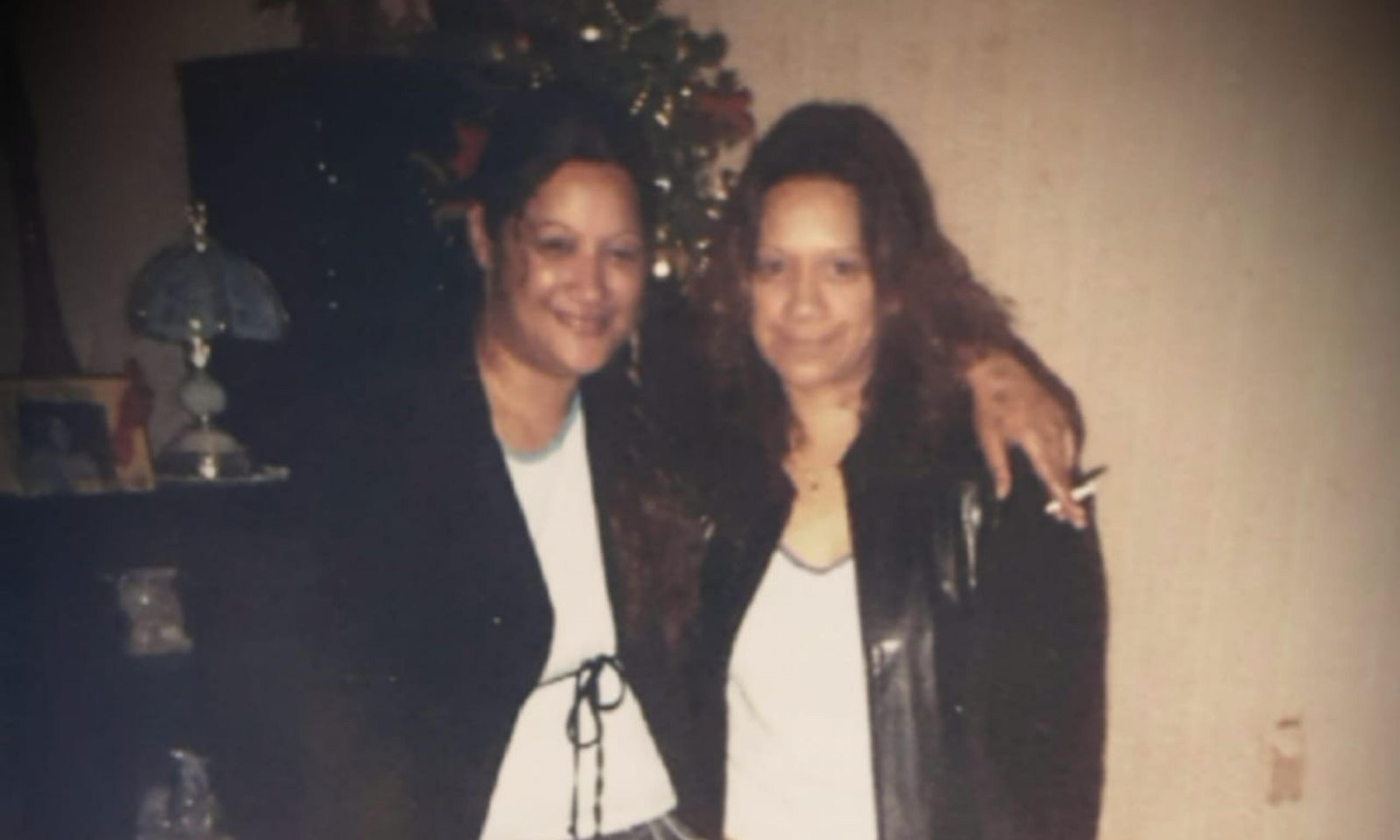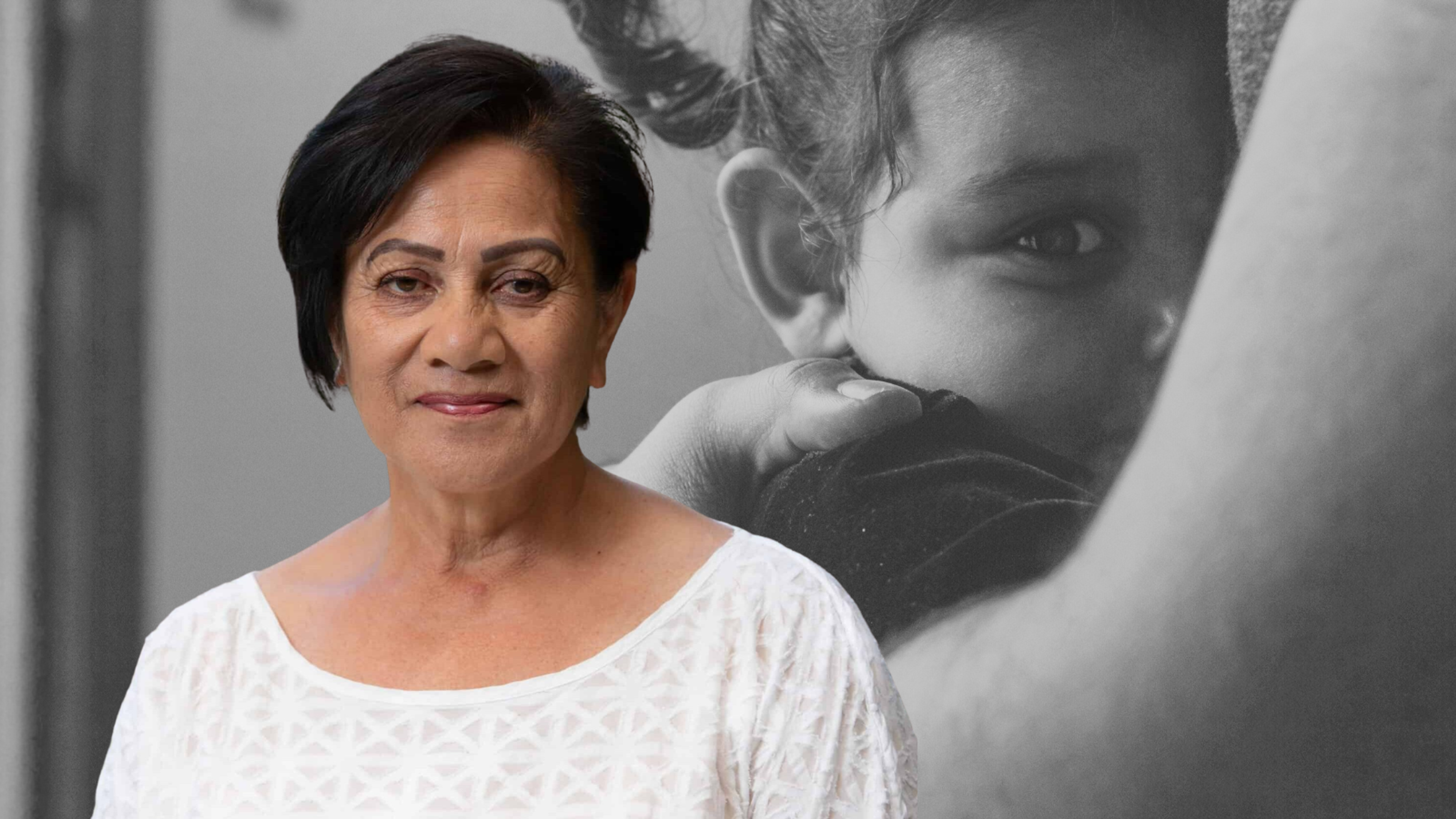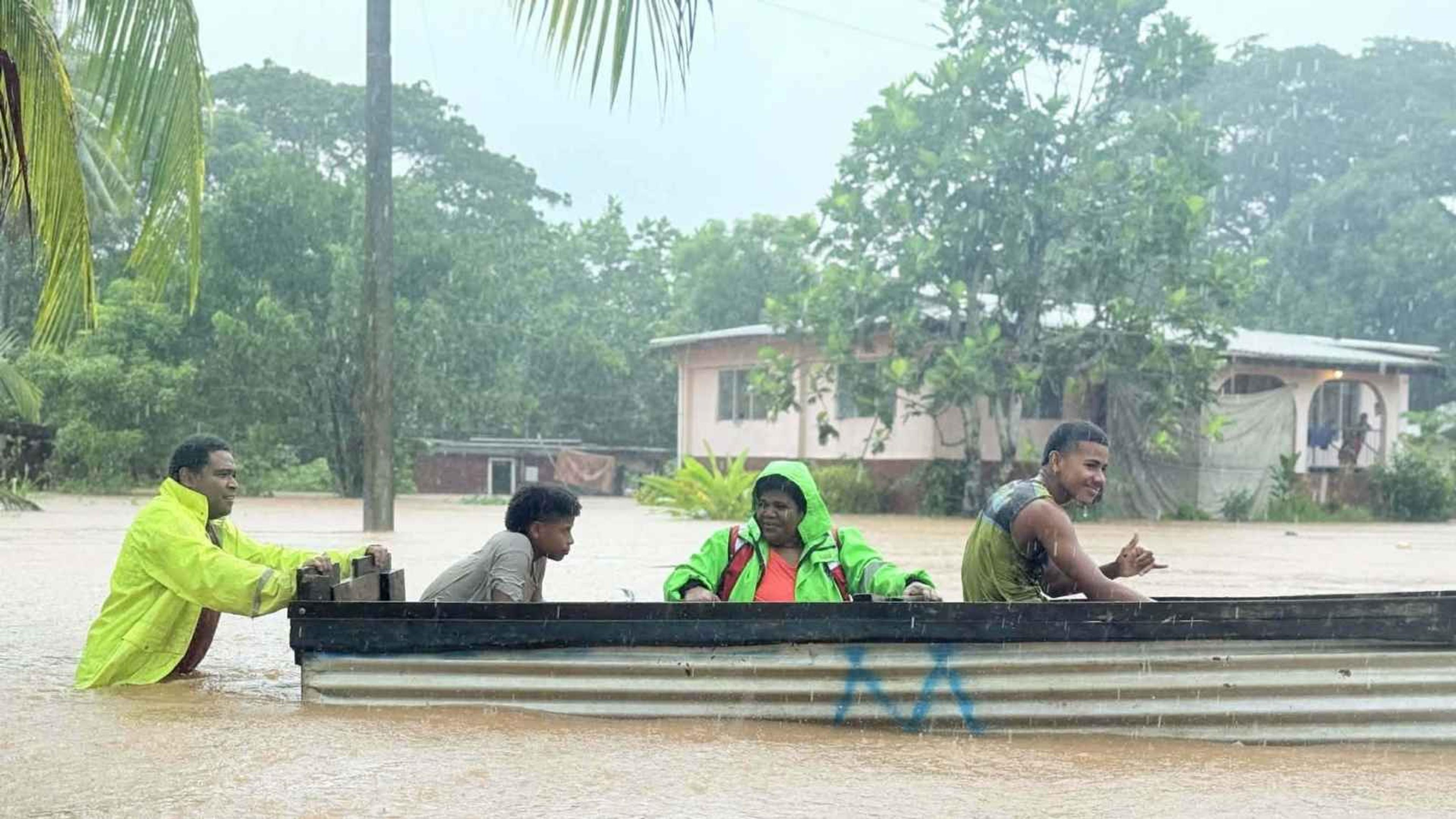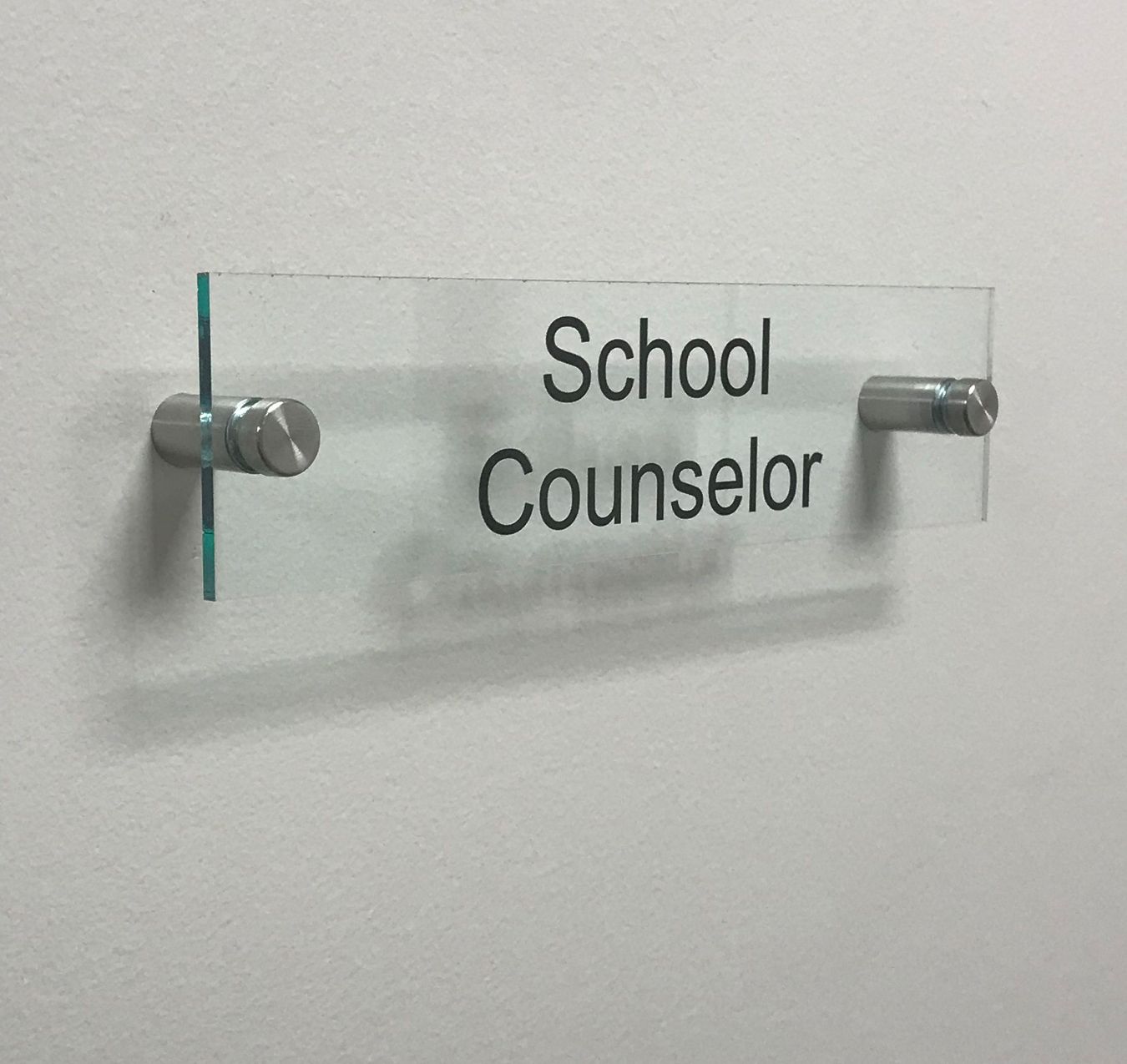

A more inclusive, Pacific workforce is needed in the counselling sector to improve mental health outcomes.
Unsplash
Counsellors commit to build bigger, better inclusive sector
The president of New Zealand’s Association of Counsellors says more Pacific people are needed as counsellors.


‘Don’t suffer in silence’: Pacific families see spike in violent crime

Recovery efforts continue in Fiji as schools remain closed following Cyclone Urmil

NRL’s record millions but what does it mean for the Pacific Islands' other rugby code?

The time when aunty, at age 11, threw a knife at grandpa over mum

‘Don’t suffer in silence’: Pacific families see spike in violent crime

Recovery efforts continue in Fiji as schools remain closed following Cyclone Urmil

NRL’s record millions but what does it mean for the Pacific Islands' other rugby code?
The counselling sector wants to train more Pacific mental health workers and be more culturally diverse in their approach to meet the needs of Aotearoa’s changing population.
The Government has announced a $10 million Mental Health and Addiction Community Sector Innovation Fund and five new targets to improve New Zealanders’ mental wellbeing.
New Zealand Association of Counsellors President Sarah Maindonald says counselling can help provide professional therapeutic support that is more consistent with Te Ao Māori and Pacific world views.
“By 2043, Asia-Pasifka are going to be one of the biggest cohorts alongside tangata whenua, we really have to look at culturally responsive programs and mental health initiatives, and not just fall back on a biomedical model, when more holistic therapies and indigenous knowledge and counselling is proven to be effective.”
Pacific people are identified as one of the focus groups who require targeted mental health support, along with working in sectors that have shown higher-risk of suicide such as farming and construction.
Maindonald said early support was a key factor, before things escalated, and she recommended a minimum of one school counsellor per 400 students.
“A lot of the young people we see, they're not suffering from higher mental illnesses, they're suffering from social distress. Where relationships are breaking down, kids that aren't able to cope with normal stresses of losing people in their family or separations.”
Maindonald said loneliness was a concern for young people, including setting the relationship groundwork and having someone to talk to, to build trust.
“If someone comes to see a counsellor about something small, they might come back six months later and talk about something more significant.
“I've certainly had the situation where a young person might come and talk about something and I’m thinking ‘what are they actually coming for’ and then six weeks later they've made a really big disclosure about a harmful sexual behaviour they've experienced or something significant in their lives.”

There are hopes students will have early access to support before things escalate. Photo/File
Pathways into the profession
The mental health funding goals include shorter waiting times for an appointment, and adding more workers.
Speaking to William Terite on Pacific Mornings, Maindonald described the sector as being “in crisis” and current staffing levels as unsafe.
She said one way of alleviating the pressure was looking at proactive ways so Pacific people had equal access to training, backed by the support required to complete their studies.
“Our tertiary providers really need to look at pathways into the profession, we know that universities aren’t an even playing field in terms of accessing training.
“Canterbury University, for example, has got an awesome programme where they actually bring Pasifika students in at Year 13, and they do a whole fono for, I think it’s over a week, and they take people through a whole lot of skills where they will help them survive at University but building those relationships with the Pacific advisors with people that can really help them get through.”
Minister for Mental Health, Matt Doocey, said the fund was a “social investment approach” in improving access and outcomes for mental health.
Non-governmental and community organisations will be to access funding of up to $1 million via the Mental Health and Addiction Community Sector Innovation Fund, which opens for applications later this month.
Doocey said the fund was an “opportunity for taking a social investment approach in driving outcomes in mental health and addictions”.
“The Fund will help new and innovative mental health services to scale up the ongoing community need for access to better mental health and addiction support.”
Watch the full interview on Pacific Mornings: